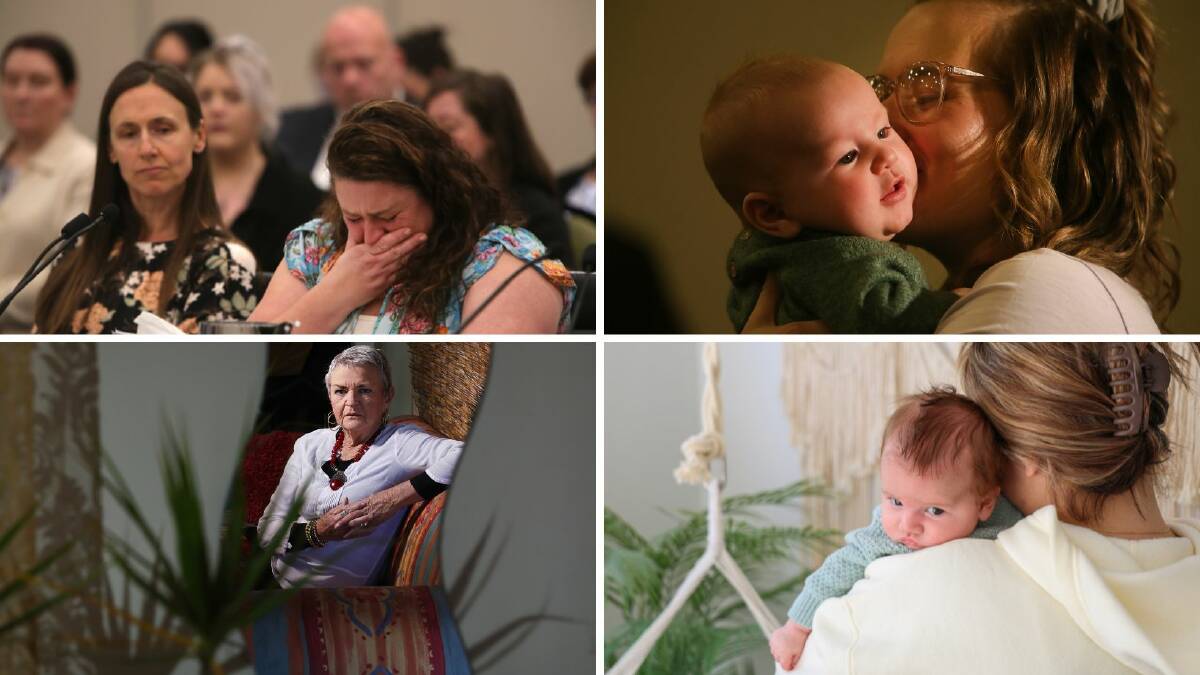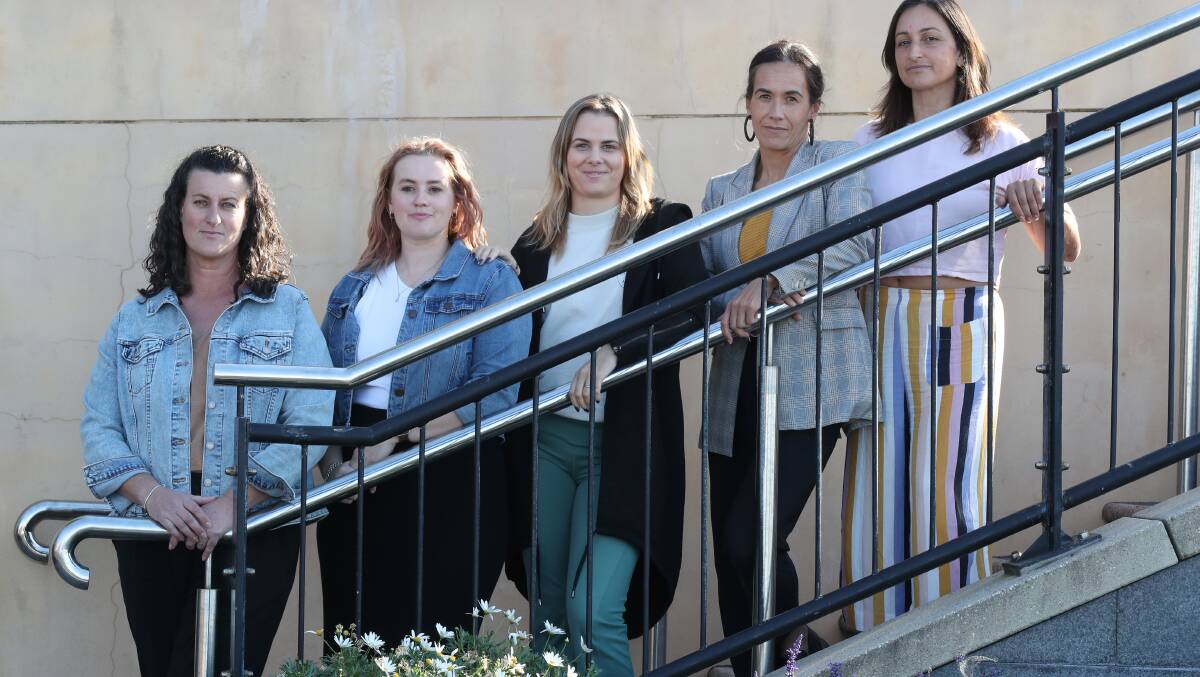Voice of Real Australia is a regular newsletter from the local news teams of the ACM network, which stretches into every state and territory. Today's is written by Illawarra Mercury senior reporter Kate McIlwain.

In the first two-hundred odd submissions which trickled on to the NSW Birth Trauma Inquiry website last August, no other hospital was named as much as Wollongong.
I'd been following the inquiry for a couple of months at that point, and had run several stories about some concerning data trends and deeply personal accounts from Illawarra women.
The inquiry had started after a group of 30 women in Wagga Wagga banded together to lodge a complaint of poor maternity care at Wagga Base Hospital.
Some of the submissions included a baby who was handed to the wrong mother and a woman who was cut before the epidural took hold in an emergency c-section.
It also quickly became clear to me this was an issue that ran deep in the Illawarra, but seeing all the submissions there in black and white was still a shock.
They made for tough reading, so I can't imagine what it took for all the people who submitted them to relive their own trauma and write it down.
One in three women affected
In the end, the inquiry got more than 4000 submissions from women across NSW and all over Australia as it cracked open an issue which some experts estimate affects as many as one in three women.
There were six public hearings, including one in Wollongong and one in Wagga.
Some of the stories ACM's Illawarra Mercury told included that of Naomi Bowden - who was one of six Illawarra woman who spoke publicly at the hearing about their experience.
The Dapto mother's face crumpled with tears as she described to the panel how she had been forced to watch her five-hour-old stillborn baby be placed in a styrofoam box by police at Wollongong Hospital before having to spend the night in the maternity ward surrounded by newborns crying.

'Gave birth to my daughter twice'
Wollongong midwives also came forward and told of hospital staff laughing at women's birth plans, or bullying and coercing women into having inductions or caesareans in a system "designed by middle aged white men for throughput and expediency" instead of the experience of women.
Lee-Ann Hart has scars that remain 29 years after she "gave birth to my daughter twice" when a doctor pushed her baby back inside her and caused massive internal injuries.
19-year-old Adelai felt robbed of the first weeks with her first child last year after a traumatic birth and the way she was treated afterwards.
Decades old or days old, trauma altered their lives.
No one understands this better than the women who run Better Births Illawarra, an advocacy group which has been running for eight years to try to change the region's birthing systems.
They worked with countless Illawarra parents to help them make submissions or speak out publicly and were almost certainly the reason why the region had such a powerful response.
Recommendations don't go far enough
After they appeared at the Wollongong hearing, Illawarra Shoalhaven Local Health District chief executive Margot Mains issued a public apology, and has already pledged to make significant changes at Wollongong and Shoalhaven hospitals.
Health Minister Ryan Park said he had been brought to tears and admitted that things must change.
Now, the inquiry has made 43 recommendations to change maternity care and the government has three months to formally respond to the inquiry.
Mr Park has promised the response will be robust, but for some women the recommendations of the report do not go far enough.
Despite this, Better Births has urged this government to accept all recommendations, and has launched a petition as it says the fight for change is far from over. Given the number of parents who have already raised their voice, they're likely to get a huge response.


